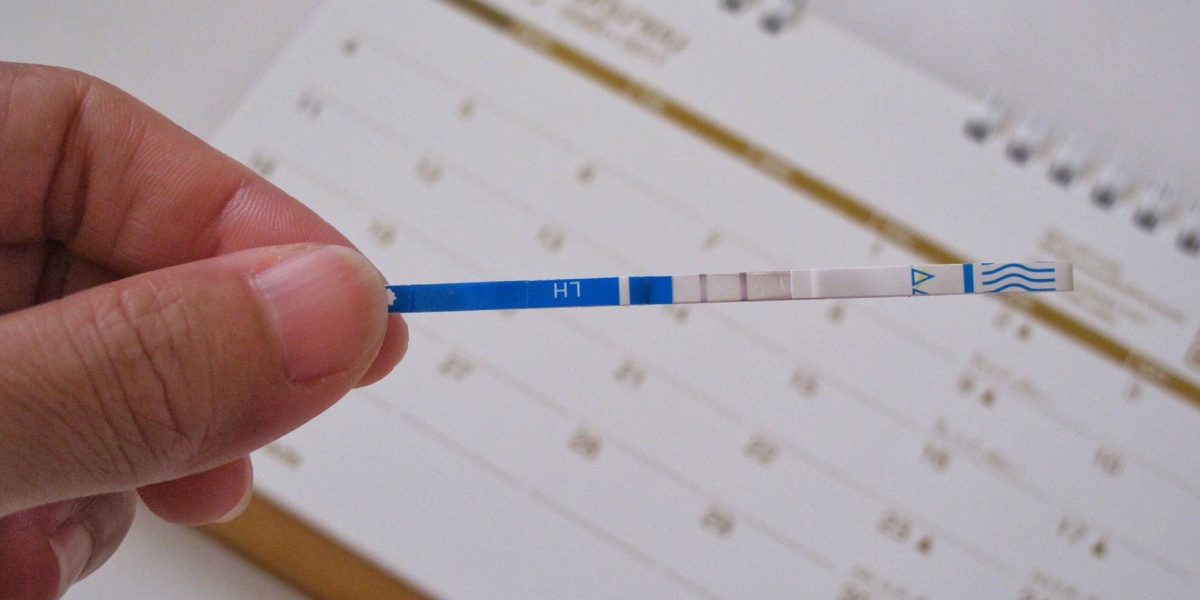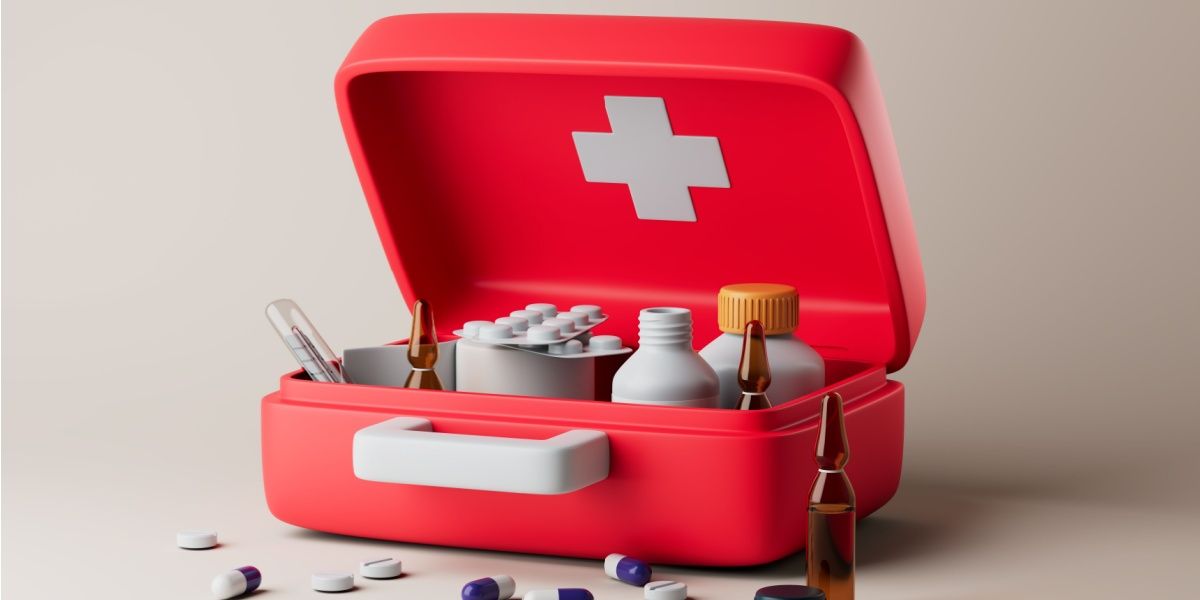Although the use of any illicit substances can be dangerous, using drug-checking kits can help to reduce potential harm. There are various types of drug-checking kits available, which provide different information about substance content and help people make informed decisions about their drug use.

What are drug-checking kits?
Drug-checking kits are tools to find out more about the content of substances before they are used, which is an important harm reduction method. There are various types of drug-checking kits.
Some test the potency of a substance, meaning they can provide information about the strength of a substance, by ascertaining how much of a drug it contains. Others test for the purity of a substance and the presence of other drugs. This helps identify whether the substance content is as it has been sold, or if it also contains other drugs or harmful substances.[1][2]
The importance of testing drug purity
Testing drug purity means finding out how much of the substance is the desired drug. For example, when testing cocaine, if the sample is 100% pure, this means that it contains only cocaine. If it is not 100% pure, the sample is contaminated with something else aside from cocaine.[2]
In some cases, drugs are prepared, or cut, with substances such as talcum powder or sugars, to increase the profit from sales by bulking out the product. This might be generally harmless or weaken the effects of the drug.[3]
Sometimes, drugs might be mixed with other illicit substances, which are cheaper to produce but create similar effects. Again, this is to increase profits. However, this may lead to harmful effects, overdose, or unexpected reactions.[3][4]
Testing drug purity can provide individuals with more information about the drug before they use it so that they can make informed decisions, have a better idea of the effects it might cause, and avoid potential harm. [5]
Types of drug-checking kits
Drugs can be tested with various types of strips, kits, and technology, which provide varying levels of accuracy and information.
Reagent kits
Reagent kits can be used for many substances. They are a chemical that is added to a small amount of the drug which then changes color. The color change is compared to the table in the instructions and can indicate if the substance contains a specific drug. [6]
For example, when testing a sample of MDMA, a Marquis reagent is expected to turn black. If it turns any other color, this can indicate that there is little or no MDMA in the sample or that another substance is present. [2]
These tests cannot give a clear picture of all drugs contained in a sample and often one sample should be tested with multiple reagents. It also cannot determine how potent a substance is. However, it can be helpful to discover suspicious substance content, providing information that helps people make informed choices about how to use the drug. [7]
Test strips
Test strips can test for the presence of one specific substance. For example, fentanyl test strips will check if a substance contains fentanyl. The drug is mixed with a small amount of water in a cup, then the test strip is dipped in this mixture. The strip will then indicate a positive or negative result to indicate if the substance is present. [8]
This doesn’t provide information about the presence of other substances not included in the test strip or the potency of the substance. However, it can be an effective harm-reduction technique for individuals using drugs that are often contaminated, such as heroin. [5]
Technology
Technology such as Fourier Transform Infrared (FTIR) Spectroscopy can be used to check drugs. This may be available in community facilities or when sending substances to laboratories for testing. [2][9]
These methods involve chemically analyzing substances using infrared light. This can provide accurate information about the presence of substances and any contamination. [10]
Common drugs that require testing
Most substances can be checked for potency and purity, to some degree. The accuracy of these results will vary depending on the type of test used. Commonly, drug-checking kits can be used to test for drugs including MDMA, LSD, cocaine, and amphetamines. [1]
Many harm reduction initiatives promote checking for drugs that can lead to severe or fatal effects, such as fentanyl and xylazine. [11]
Fentanyl
Fentanyl is a synthetic opioid that is 50 to 100 times more potent than other opioids. Because of its potency, even in small doses, it can cause severe harm and overdose, especially if taken unknowingly. [4]
Fentanyl test strips are available across the US to help individuals identify the presence of fentanyl in their drugs before use. [11]
Xylazine
Xylazine is a sedative that is approved for use in animals but not humans. It has been detected in various street drugs and can lead to harmful effects such as severe changes in heart rate, body temperature, and blood pressure. [11]
Xylazine test strips can identify if a substance contains xylazine.
Preventing overdose
Using drug-checking kits can help reduce the risk of overdose. Often, tablets and powders that are produced and sold illicitly contain a mixture of substances that people using the drugs are unaware of. This can mean that people unknowingly consume larger doses of a substance than intended or an entirely different substance altogether. [9]
This can lead to dangerous and even fatal consequences. In particular, fentanyl is often mixed into pills or powders and sold as other substances, such as opioids like heroin or oxycodone, MDMA, or cocaine. Fentanyl is a very potent drug and even small amounts can lead to dangerous overdose, particularly if the individual takes it unknowingly. [12]
Being able to check drugs before use can help people gather more information about the content and purity of a substance. This can help them decide whether they will take the substance and in what dose, potentially saving lives. [2]
Additionally, naloxone can help prevent opioid overdose. It is an opioid antagonist, which, when taken, reverses the effects of the opioid and potentially saves lives. Naloxone can be purchased or obtained at local pharmacies and is sometimes prescribed by doctors for individuals to keep at home in case of an emergency. [12]
Organizations that provide drug-checking services
Dance Safe is the only non-profit organization in the US that manufactures drug-checking kits. They offer the following drug-checking services: [2]
- In-person: They provide testing services at events or underground facilities. They can test drugs using kits and strips or with technology that provides more in-depth information about drug content.
- At home: They sell reagent kits and test strips that people can use at home.
- In labs: They offer a service for drugs to be sent in and checked, which provides the most accurate information about drug content.
Substance Abuse and Mental Health Services Administration (SAMHSA) is involved in several grant programs in the US that help with the distribution of fentanyl and xylazine test strips. Across the US, various community-based programs and facilities offer these tests to individuals to promote harm reduction and safer drug use. [11]
North America Syringe Exchange Network provides various harm reduction services across North America, including fentanyl test strips and education. [13]
At-home drug-checking kits
Drug-checking kits that can be used at home can be purchased from:
It is important to read the instructions on your drug-checking kit to understand the results fully. Be aware that results may not always be entirely accurate and cannot tell you exactly how potent or pure the substance is.
Drug checking programs
With overdose and drug-related harm increasing throughout the US and worldwide, various programs and initiatives are being implemented to help promote drug safety education and harm reduction techniques. [5]
International drug checking day
International Drug Checking Day is a national initiative held on March 31st every year. It is intended to spread awareness and understanding of the dangers of drug use, promote safe drug use and harm reduction techniques, and inform about the importance and methods of drug checking. [14]
Drug checking kit FAQs
Should I fully trust drug purity tests?
Drug purity tests are not always entirely reliable. They may sometimes fail to react or show false positives or negatives. Additionally, reagents can show multiple color changes which may overshadow one another, causing a drug reaction to be missed. [7]
Tests are intended to help provide information about whether the drug is suspicious and if specific substances are present. They cannot indicate every substance present in a sample or give the exact potency or purity of the sample. [2]
Can I get free drug-checking kits?
Since 2021, federal funding has been available to purchase fentanyl test strips. These are often provided for free at certain facilities and programs, to help prevent overdose. [11]
Other kits, such as reagents, can be purchased online.
Are drug-checking kits legal?
The legal status of drug-checking kits varies. In some states, they are legal, while in others, possession is a crime. However, most states are reforming policies to combat the opioid overdose epidemic. Additionally, some states specify that drug-checking tests are legal at facilities such as syringe services programs (SSPs). [2][15]
Are drug-checking kits available in all states?
Drug-checking kits bought online can be delivered to all states. [2]
Many states provide community-based programs for individuals to access harm reduction services such as drug-checking kits. The NASEN map shows a detailed directory of locations across North America. [11][13]



